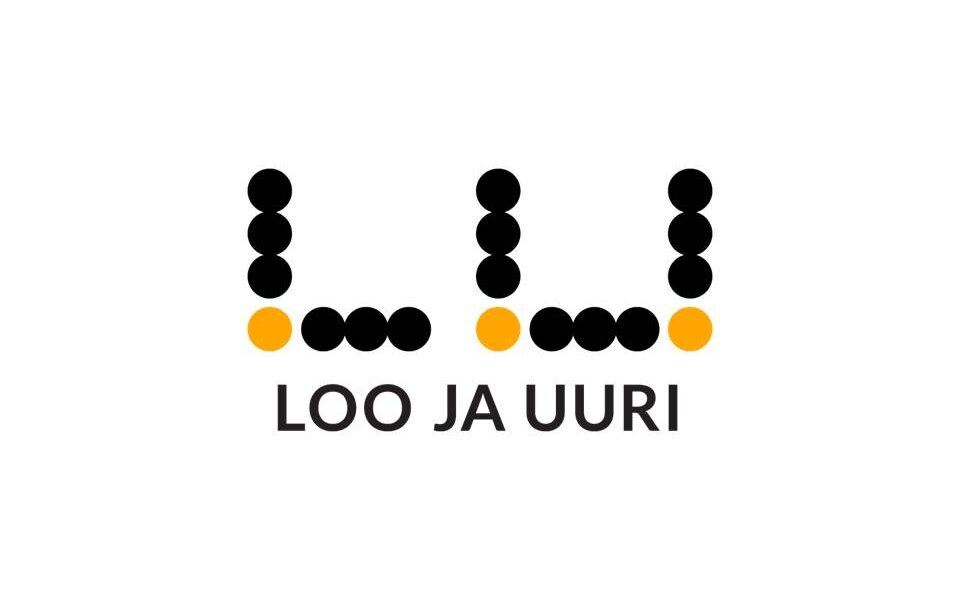Research

“Create and Research!” Supporting Artistic Research in General Education Schools 2021–2023
The Estonian Academy of Arts, in collaboration with Tallinn University, is dedicated to the development of artistic research (creative practice research, practice-based research) in general education schools. Our objective is to support innovative knowledge creation through artistic and cultural creation-based methods, raise awareness of and identify intersections between different research disciplines, and overlap with artistic methods.
What is Artistic Research?
Artistic research is research rooted in creative activity, with the aim of generating new knowledge, cultural forms, creative and research methods or techniques, thereby contributing to the development of research fields, society, and the economy. The output of practice-based research is a creative practice or work, the creative process (such as the development of technologies, materials, models, prototypes), a product or service, and a reflective (usually written) component that conveys and elucidates the new knowledge and experience gained during the creation process, forming a cohesive research entity. Artistic research is a systematic, visible, and meaningful activity that makes the creative process and its manifestations apparent and understandable.
The purpose of artistic research is to create and share new, socially and culturally significant knowledge and experiences, enrich culture with new forms and practices, and contribute to sustainable environmental development and product or service innovation (including the development of necessary innovative technological solutions). Creative inquiry connects creative fields with broader societal processes and issues and critically acknowledges the role of creative activity in the world. (Creative Inquiry Framework, 2021).
Task Statement
In Estonian general education high schools, students (17-18 yo) conduct mandatory student research projects. Additionally, students have the option to complete one school exam as a research project in both basic (14-16 yo students) and high school. Ideally, creative work and student research should be based on the student’s internal motivation, interest, existing abilities, and mastery, valuing research and development activities, innovation, and entrepreneurship.
Teachers are uncertain in supporting research and creative projects, with limited experience in various research methods and strategies, as well as in reflecting on different stages of creative work. The main issue lies in the appropriate connection between the creative and reflective aspects of research and creative projects, or a lack of knowledge regarding the methodology of artistic research. Therefore, to support active and capable young individuals in this field, it is necessary, first and foremost, to provide a broader introduction to creative inquiry. This will enable both students and teachers to understand the meaning of creating and researching and what outcomes can be expected in creative inquiry. Secondly, capable individuals require deeper personal guidance in the process of creative work and research.
Task goals:
- Talented works and contributions to culture and science are directed, recognized, and fairly appreciated;
- Students work and think experimentally within the framework of values inherent to the arts, achieving outstanding results;
- Students develop knowledge and experience in various research methods related to creative work and inquiry;
- Students solidify and deepen their interest, practicing authentic methods of creating and researching in art, design, music, dance, drama, and literature.
Members of the Project
- Helen Arov is a lecturer in Art Education at Tallinn University’s Baltic Film, Media, Arts and Communication School (BFM) and a PhD student in Educational Sciences. She is also an art teacher at Kadriorg German Gymnasium.
- Britta Benno is an artist and holds a PhD in Creative Research from the Estonian Academy of Arts (EKA).
- Gerhard Lock is a musicologist and composer, a PhD student in Musicology at the Estonian Academy of Music and Theatre (EMTA), and a lecturer in Musicology and Multimedia at Tallinn University’s BFM.
- Anneli Porri is an art historian and critic, a lecturer in the Art Education Department at EKA, a PhD student at EKA, and an art history teacher at Sally Studio.
- Jane Remm is a painter, a lecturer in Art Education at Tallinn University’s BFM, and a PhD student in Creative Research at EKA.
The “Create and Research!” workshops are funded by the Ministry of Education and Research and are part of the Tallinn Science and Creativity School program. The development of publicly available supplementary learning materials, which can be accessed at https://loojauuri.artun.ee/#/, was funded by the European Social Fund under the measure “Development and Implementation of Modern and Innovative Educational Resources.”
